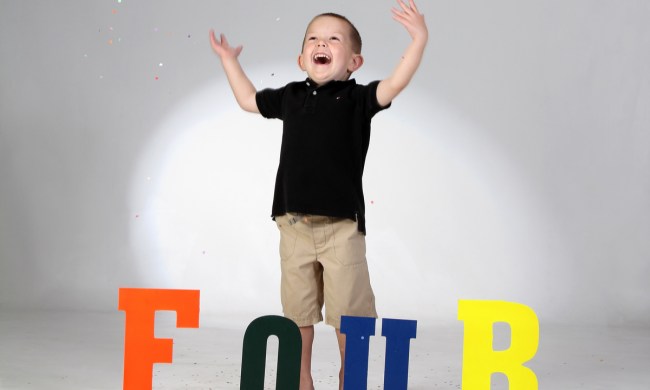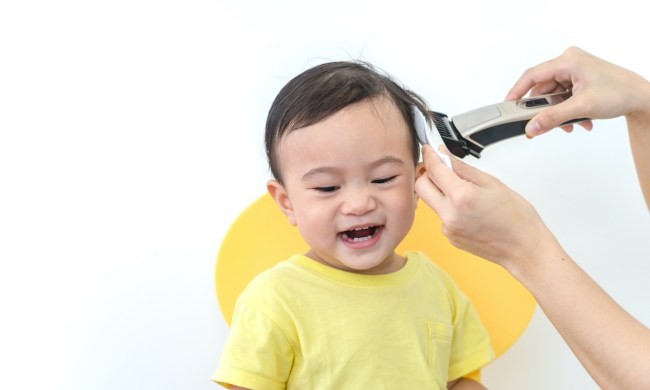Beware: Contents are under pressure. That might describe the tiny facial expression that appears amid your toddler’s whining. While the temptation to offer a small, seemingly harmless bribe does exist, that might not be the best strategy to use. There are many tactics you can use to prevent and stop the whining that don’t constitute giving in or dealing out punishment. Some of these measures might even surprise you.
How to prevent a toddler from whining
Once toddlers start speaking in complete sentences, they learn that whining can be an effective attention-getter. In some cases, toddlers forgo the use of words, and instead, proceed to whine about something that’s difficult to comprehend. How can you prevent this from happening?
Make sure you and your partner are on the same page
To start off, you and your partner can present a united front to curtail this habit. Rather than playing ping-pong with your child (which entails the time-honored request of “Go ask…” and the other parent then redirecting the toddler back to you), both of you can create a planned response to the whining. For instance, you can ask your child to verbalize the request calmly so you can understand them.
Anticipate what will set your toddler off
Another idea is to anticipate the triggers. For instance, if you and your toddler go on an outing, you might consider not staying out too long to where it runs into naptime, bedtime, or mealtime. For young children, a consistent schedule does wonders for nipping a problem in the bud, like whining. Also, giving undivided attention before the whining happens can help.

How to get your toddler to stop whining
Nonetheless, there will be times when toddler whining occurs despite the preventive measures.
Be patient
The first and most important thing to remember is to maintain patience. If you feel like your toddler’s whining is getting hard to handle, make sure your child is safe and leave the room (not too far, though) to cool down. With that said, you might keep from reacting to the whining since your response could reinforce the behavior. At this age, you can also start explaining and modeling the act of asking for something nicely.
Redirect your toddler’s attention
Another step toward getting your toddler to stop whining is to redirect their attention to something else. For example, if your child starts whining at the store because you won’t get something off the shelf that they want, you can mention something else that gets their attention away from the object, such as, “Do you remember that we were going to play outside after we get home? What should we do?” Additionally, this tactic staves off a tantrum, especially if you follow up with “we won’t be able to play outside if you’re too busy whining.”
Why is my toddler so whiny?
In the situation of addressing a young toddler’s whining, you might run through a mental checklist similar to when your child was a baby. This involves checking for illness or injury, since whining can signal that something is terribly wrong.
Also, it’s possible your toddler is overly tired, hungry, or bored. As those needs are being addressed, you can also gently explain that whining doesn’t always help others to understand what your child wants, and they can use words to communicate their thoughts and needs.

Why do toddlers whine?
The reason behind whining is that toddlers are still honing those communication skills. They’re quickly building up their vocabulary and maybe even speaking in whole sentences. However, when they need to express a strong emotion or draw your attention to their physical or emotional pain, they still don’t have the necessary tools to do so. Thus, they get desperate and resort to whining.
Another startling reason can deal with your own reaction to the toddler whining. What if you’ve unintentionally reinforced the behavior? The answer is to avoid that strategy altogether.
Fortunately, your toddler will outgrow the whining as they further develop language and communication skills. Plus, you can curb the behavior by giving positive attention to their “nice voice” and when they learn to say “please.” — no bribes necessary. Finally, when you validate emotions and take the time to explain how to deal with them, your little one will eventually pick up on the skill of expressing feelings in a constructive manner.



